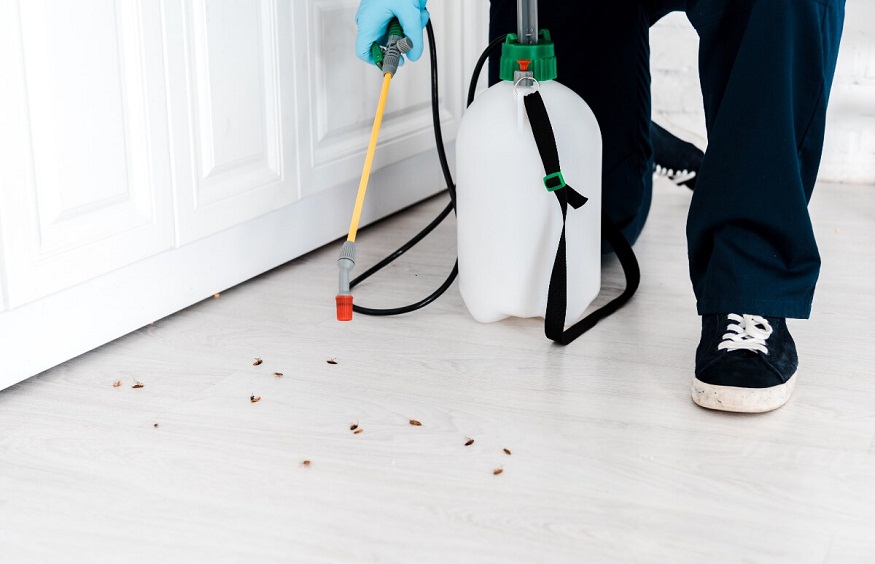“Is a landlord responsible for pest control?” is a frequent question both tenants and property owners ask. This thorough manual clarifies how tenants and property owners should manage pest control in rental homes. It lists legal responsibilities, health issues, and doable actions to create and preserve a pest-free living space using avatapest.com.
What are the landlords’ responsibilities for pest control?
Usually, pest control on a property is the landlord’s responsibility. If it goes beyond the usual responsibilities of a handyperson or property manager, they have to pay for and engage a pest control specialist.
Consider, for example, a minor ant infestation in an apartment kitchen. A maintenance person spraying and placing ant bait traps could help to correct it.
However, an infestation of fire ants in a single-family house is rather different. To destroy the nest, a pest management specialist must be able to find and kill the queen.
State and local legislation define landlord pest control obligations for any particular location.
A lease can have a landlord’s stipulation that the renter must keep a “normal” degree of cleanliness. Generally speaking, the landlord cannot make the renter answerable for all pest control.
This is true even if the lease contradicts it. Leases are subordinate to local law, transferring liability to the landlord.
One of the main reasons landlords want to be on top of pest management is to maintain property value. They first wish to keep equity in their investment, not lose it. If pest damage is substantial, properties might lose value.
Second, they want the best tenants available. Offering clean, pest-free facilities will help a landlord attract better renters and charge more for rent. Additionally more likely to renew their lease when there are no bug issues are good tenants.
Ignorance of sufficient pest management could land property owners in legal trouble. The government can cite and penalize them.
Should a renter pay for pest control outside their duty, the landlord must reimburse them. They might even have to pay damages, including compensation for damaged goods or food gone bad.
What are the tenants’ responsibilities for pest control?
Though there are few exceptions to the landlord bearing responsibility for pest control,
If a tenant first causes a pest issue, they are liable for maintaining it.
Often a tenant leaves the lids off their garbage cans, which attracts rats. Then the tenant has to pay for the rodent removal.
In the same vein, a tenant could draw ants or mice if they leave open food containers on the kitchen surfaces and never clean their dishes. In this regard, it is their duty to eliminate them. To stop another epidemic, they have to keep the property cleaner going ahead.
Every tenant would be best served by having the property free of pests.
Obviously, this increases the livability of the flat or house. It also lowers disease risk. This is particularly crucial if the home includes older adults or vulnerable youngsters.
Keeping a rental property occupied also increases the likelihood of a lease renewal. If a renter enjoys where they live, they want the landlord to consider them as responsible and neat.
Tenants should let their landlords know about pest issues right away.
Conclusion
Most of the time, landlords are in charge of arranging for pest control companies to solve any and all issues in their rented properties.
This is a norm, nevertheless, with certain exceptions. See your lease agreement or speak with your landlord personally to find out who is in charge of fixing a specific pest issue in your house. This will help you prevent any possible conflict down-road.

